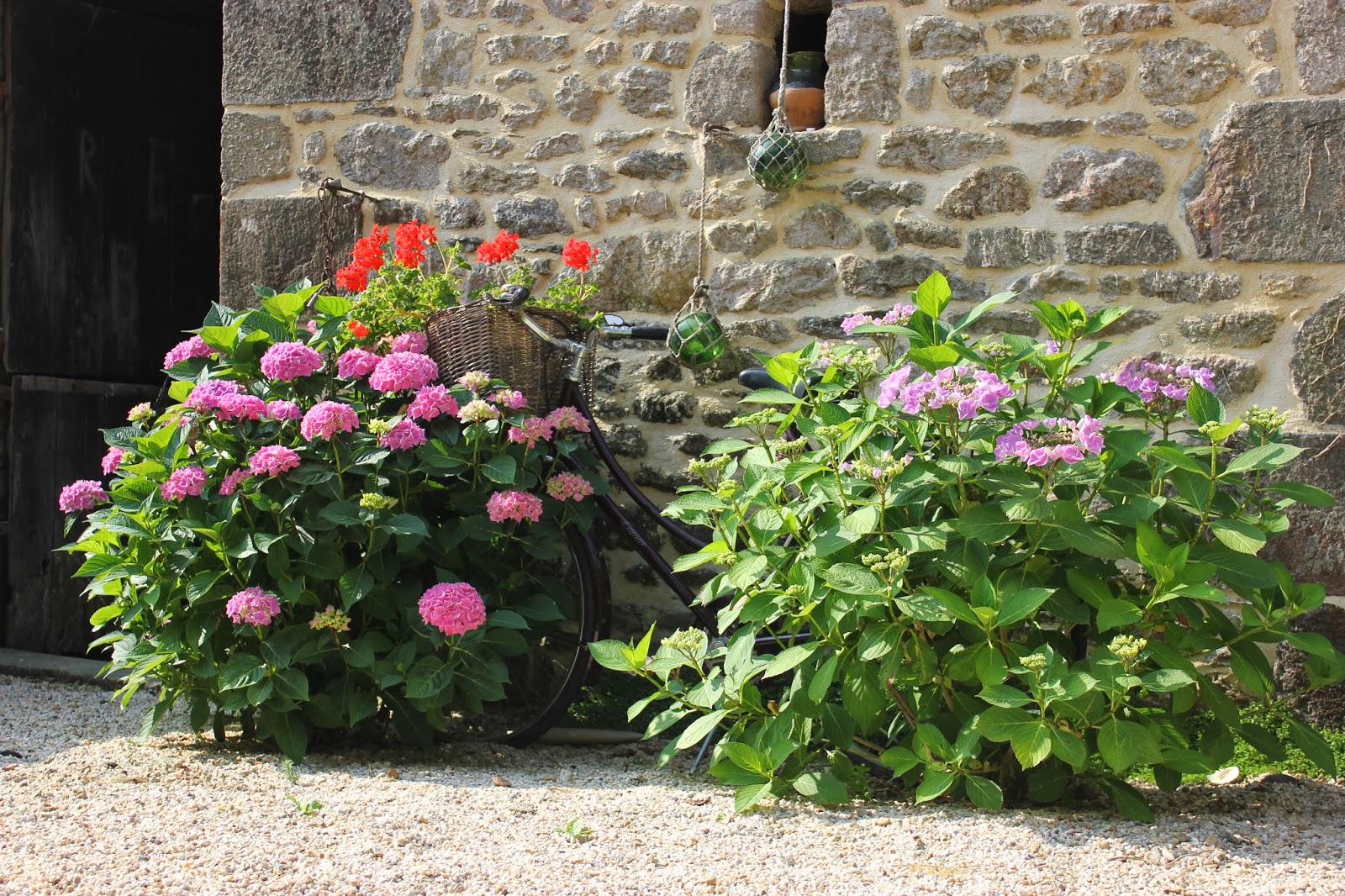
I never set out to be frugal. That is, I can’t recall a
‘road to Damascus’ moment when I suddenly thought YES frugality is the way for
me! Rather, it was an attitude of mind developed out of necessity, which grew into a sort of self-gratification, and became imbued with philosophical and political overtones.
The starting point, I suppose, was when I became interested
in sailing. There were two issues here firstly a boat has to be looked at as an
expensive luxury and secondly, given the vagaries of tides and weather, it’s a
pastime that demands plenty of free time. Would it be possible therefore to get
a boat and get out of the rat race early so I had time to go sailing? Is there
a relationship between time and money and if so, how does the equation work?
Can more of one lead to a dearth of the other? Where is the ‘happy’ balance?

The answer seemed to be that a life adjustment would be
possible and probably beneficial but there was a simple matter of a mortgage to
be cleared. I was lucky in that my mortgage was tied to UK base rates and it
was paid in two instalments each month. One for the capital repayment, the
other was the interest. I quickly realised that if I increased the capital
payments by even a small amount, the interest charges reduced – and that by transferring the ‘amount' saved on interest, I could further increase my capital pay-offs, thereby
further reducing the interest charges, enabling me to increase capital payments
----- ad infinitum. In effect I created a benevolent circle which gave me the
leeway to add this small French second home without too much pain.
In the end, both homes were mortgage free before my 60th
birthday. So a tiny bit of frugal thinking made a huge difference. I also took
great delight in ‘beating the man’, turning the bankers’ and financiers’
strategies on their heads and making sure that nothing I did feathered their
nests.

During the process I began to notice other things. Thrift
shops provided me with very good ‘designer label’suits for work. I could dress
as good as colleagues for less than a tenth of the retail price. The garden,
the shoreline and the sea became a source of food, more fun than visiting a
supermarket and our love of antiques and ‘old things’ enabled us to decorate
our two homes in a ‘shabby chic’ way that many would describe as fashionable.
Having drastically reduced expenditure I never once felt poor or miserly –
providing I was clever, so long as I avoided the high street and the shopping
mall, I could have anything I wanted. If anything, I felt in control and
empowered.

Now, here in rural France, my neighbours take a collective
approach to frugality. Take the recent New Year Celebrations as an example. One
friend had a house with a reasonably large room for entertainment, another
provided trestle tables and benches and a third contributed a pretty good sound
system. The rest of us (39 in total) were asked to arrive with plates of food
and a bottle of Champaign or wine. The first letter of your surname determined
whether you had to provide nibbles, a starter, a main course element or a
desert. No couple would be expected to spend more than 20 Euros.
How did it go? There were nuts, olives, slices of cooked
hams and meats, pate de fois gras for starters, oysters, baked and stuffed
potatoes, salads and quiches, followed by a huge selection of cheeses and then
choice of several deserts. The wine and Champaign flowed all night and the
party ended at 4 am in the morning.
Now how much would I have had to pay for that in a UK
restaurant – and would I have enjoyed it any better? Well, in a previous life I
have paid huge amounts for a Restaurant New Years Eve special evening – some
were fine, others – pretty indifferent – with regard to price, atmosphere,
variety and volume of drink however, none compared with this recent French
experience.
So, frugality doesn’t mean you need to wear sackcloth and
ashes and it isn’t about poverty. With two houses and a boat I really couldn’t
claim to be in that position. For me the frugal approach provides a
higher standard of living, a better quality of life and it leaves more money in
my pocket for things I really need.
David










